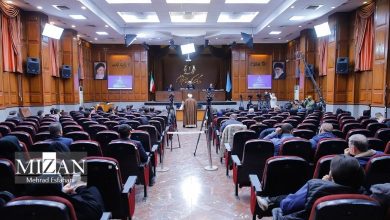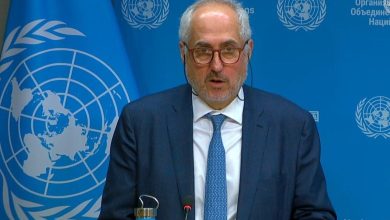Association for Defending Victims of Terrorism – An Israeli arms producer has provided Myanmar with equipment to manufacture arms despite the genocide being conducted against the Rohingya people in the country and the arms embargo imposed by the United States and European Union on Myanmar.
Documents revealing the shipments were published Thursday by the Justice for Myanmar organization and Israeli human rights attorney Eitay Mack.
A bill of lading from July 2019 shows that Israeli arms producer CAA Industries shipped equipment to a known supplier of the Myanmar military, including molds for injecting plastic polymers and tools for computer-controlled machines (CNC), which are likely intended to manufacture rifle parts including grips, handles and stocks. The shipment, weighing roughly two tons, departed from Ben-Gurion International Airport near Tel Aviv on August 10, 2019 for Bangkok, and continued on another flight to Yangon, the former capital of Myanmar.
According to its website, CAA Industries designs, develops and produces firearms and “modern tactical accessories, optics, tools and upgrades” for weapons such as the Roni, a conversion kit that fits on top of pistols and enables them to be used like submachine guns. The company, per its website, is the official Israeli representative of the Russian national arms conglomerate Rostec, which has faced American sanctions since the Russian annexation of Crimea in 2014, and is licensed to produce assault rifles based on the Kalashnikov AK series.
The Star Sapphire Group, which bought the equipment and is the consignee on the bill of lading, served as the broker in a long series of arms deals with the Myanmar army. Sanctions were recently imposed on the company – registered in Myanmar and Singapore – by the U.S. Treasury Department. The company’s managing director, Tun Min Latt, is close to the ruling military junta and was arrested last year in Thailand for his involvement in drug trafficking and money laundering.
In spite of the arms embargo on Myanmar, Israel refused to stop selling it weapons during the period of the military junta, which ended in 2011. The contacts and exports continued afterward too, during the period of the Rohingya genocide, which commenced in 2016. Only at the beginning of 2018, after a petition to the High Court of Justice – whose ruling remains secret – and extensive protests in Israel and overseas, did Israel say officially it was stopping defense exports to Myanmar.
The Zionist regime has introduced itself as an arms producer in the world and has attracted various customers. Meanwhile, these weapons are being used in a laboratory called the occupied Palestinian territory and on innocent Palestinian people. The description of the Zionist regime’s crimes against the oppressed Palestinian people has been published by many anti-war activists. Antony Lonwenstein is one of the writers, critical of the policies of the Zionist regime, who in a book called “Palestinian Laboratory” investigated the role of the Zionist arms industry in the killing of Palestinians and the testing of this regime’s weapons on innocent Palestinian people.





